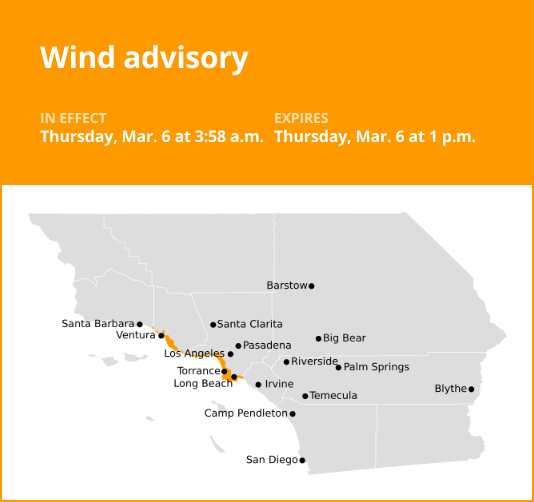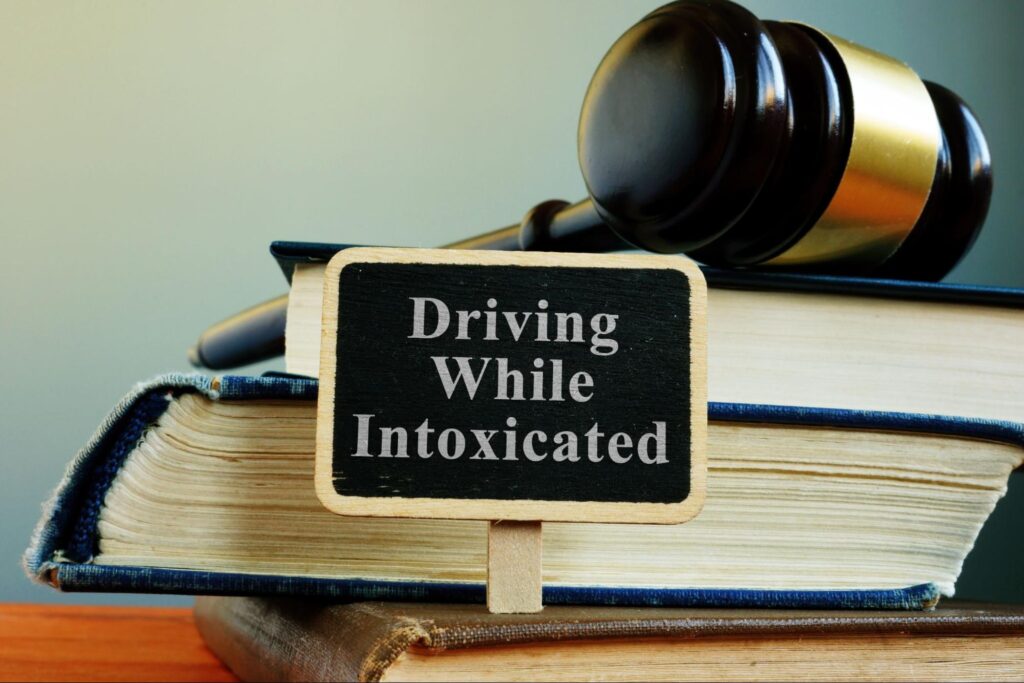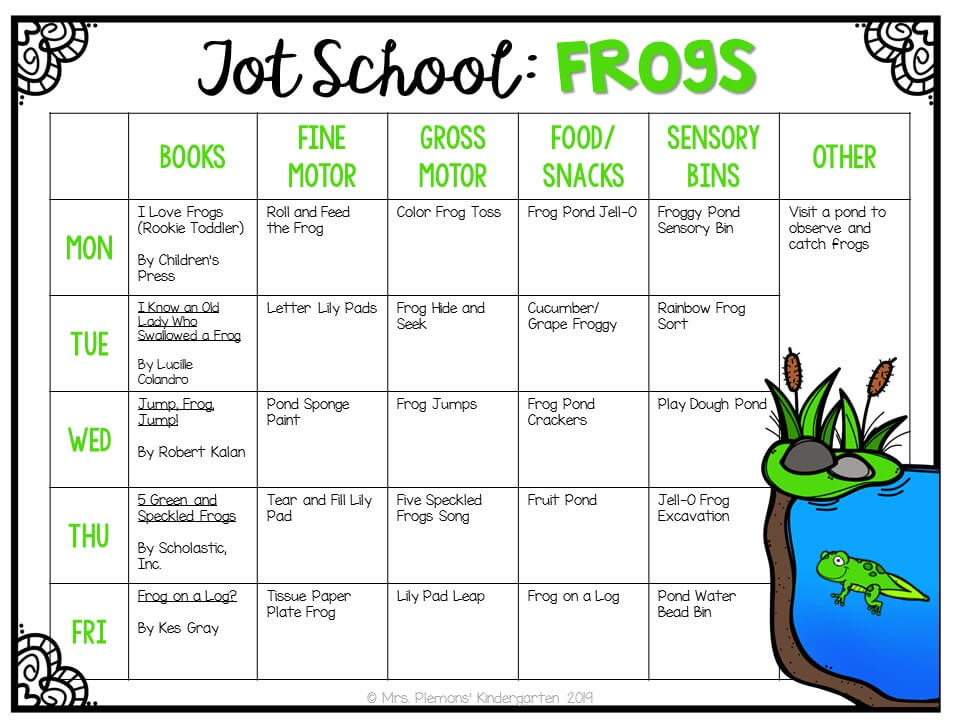Two Republican state lawmakers questioned former Arizona Supreme Court Justice Ruth McGregor on Thursday about an independent investigation she did into Maricopa County�s ballot printer issues during the 2022 general election.� McGregor�s report, released earlier this year, determined that...

Photo by Jerod MacDonald-Evoy | Arizona Mirror
Two Republican state lawmakers questioned former Arizona Supreme Court Justice Ruth McGregor on Thursday about an independent investigation she did into Maricopa County�s ballot printer issues during the 2022 general election.�
McGregor�s report, released earlier this year, determined that the Oki printers the county used malfunctioned because the ballots were larger and printed on heavier paper than in past elections. The investigation was prompted by an Election Day that was marred by long delays after the printer errors meant thousands of ballots couldn�t be read by polling location ballot tabulators.�
Although all of the ballots affected were ultimately counted by different machines at the county�s election headquarters, the printer malfunction and resulting chaos on Election Day created a new swath of conspiracy theories around Maricopa County�s handling of elections.�
GET THE MORNING HEADLINES DELIVERED TO YOUR INBOX
McGregor, who was hired by the county to lead the investigation, gave the House Ad Hoc Committee on Oversight, Accountability and Big Tech a lengthy rundown on how her team conducted its work and their key findings. The committee is chaired by Rep. Alexander Kolodin, R-Scottsdale, a lawyer known for bringing cases alleging election fraud and defending those who spread baseless conspiracy theories.�
Kolodin has been sanctioned for several of those cases.�
GOP lawmaker Alexander Kolodin sanctioned for 2020 �kraken� lawsuit, other election cases
�They were not what I would call pervasive,� McGregor said about the printer issue discovered by her and her team. Her report indicated that the Oki printers were not able to maintain the heat needed to print ballots correctly, which caused affected ballots to be rejected by the on-site tabulators.�
The long length of the ballot, coupled with heavier paper, created an issue where errors such as �white splotches� would appear on the timing marks and other parts of the ballot. The result was that the on-site tabulators rejected affected ballots. Voters whose ballots couldn�t be read instead deposited them in a secure box that was transferred to central tabulation, where they were tabulated by different machines. In some cases, the ballots were recreated by bipartisan teams and then counted.�
�This was a problem that I am confident that they had not anticipated,� McGregor told the committee. The ballot printing issue arose, in part, because of unfounded concerns around the 2020 election in Maricopa County, when some voters wrongly believed that Sharpie markers were invalidating their votes because the ink bled through the thinner paper.��
Kolodin brought a lawsuit against the county due to the beliefs of what has been colloquially termed �Sharpiegate,� and it was one of the cases for which he was sanctioned.
The county moved to thicker paper in 2022 in an attempt to quell those concerns. Additionally, the usual 19-inch ballot became a 20-inch ballot in order for the numerous races and ballot propositions to be able to fit and still be the statutorily required text size. Maricopa County has over 12,000 ballot styles alone.�
Kolodin and Rep. Neal Carter, R-San Tan Valley, voiced their displeasure with how Maricopa County elections were run, claiming the process was not transparent. On several occasions, McGregor said the questions they were asking her should be directed instead to county election officials.�
�We agree we would like to ask Maricopa County these questions,� Kolodin said to McGregor, later adding that county officials were invited to attend the meeting but denied to do so, citing �on-going legal action.��
�What assurance do we have that they�ll get it right this time?� Kolodin asked of McGregor, who reiterated that she was hired to do the investigation and is not privy to what actions the county might take.�
�I think they undertook a good faith effort to try to avoid this problem in the future,� McGregor said. �I think that they have tried to fix the issues that arose. I�m a voter, too, and would like our elections to go perfectly.��
McGregor suggested that Maricopa County should adopt more rigorous testing that more closely replicates Election Day conditions, as her investigation revealed that the intermittent use of the printers contributed to the problem. The county currently tests the printers by printing off a large number of ballots all at once, but McGregor�s testing found doing so did not accurately replicate the issue faced on Election Day.�
McGregor told the committee that she has �no opinion� on possible actions the legislature could take to remedy the printer issues, but reiterated that all of the affected ballots � an estimated 6% of those cast on Election Day � were counted. Kolodin contended that voters who left polling places due to the long lines created by the printer problems were disenfranchised, which McGregor pointed out had happened before in 2016.
�Nobody lost a vote because of a printer error,� McGregor reiterated, telling the committee that the best thing they could do is help educate the public and alleviate fears. �I think that, rather than distress our voters, we should do something to reassure them that the elections are done with a great deal of care and the workers try very hard to make sure their votes are counted.���
Kolodin appeared to disagree with McGregor�s sentiments.�
�It is pretty hard to reassure those people,� Kolodin said of voters who experienced issues.�
The former Arizona Supreme Court justice shot back, saying that �misinformation� spread on Election Day likely hurt voter confidence more than the printer problems. GOP gubernatorial candidate Kari Lake spread false information to voters on Election Day and encouraged non-disabled voters to use the machines for voters with disabilities.�
�In my mind, the best way to reassure somebody is to actually just fix the problem,� Kolodin said, claiming that the county was not on the right track. McGregor interjected that the county �could be� on the right track, prompting Kolodin to say that �we don�t know� if that�s the case.�
Carter used his time at the end of the committee to take a swipe at Democratic members who he said are ignoring issues with the election process.�
�What I�m observing is that there is a significant portion of the voters who lack confidence in their elections,� Carter claimed.�
There has been no evidence found to promote the theory that malfeasance or wide spread fraud occurred in the 2020 or 2022 general elections. Many lawsuits have been filed making such claims, but all of them have been rejected because they lack any evidence of wrongdoing.
SUPPORT NEWS YOU TRUST.
The post GOP lawmakers grill former justice on Maricopa County ballot printer problems appeared first on Arizona Mirror.

















